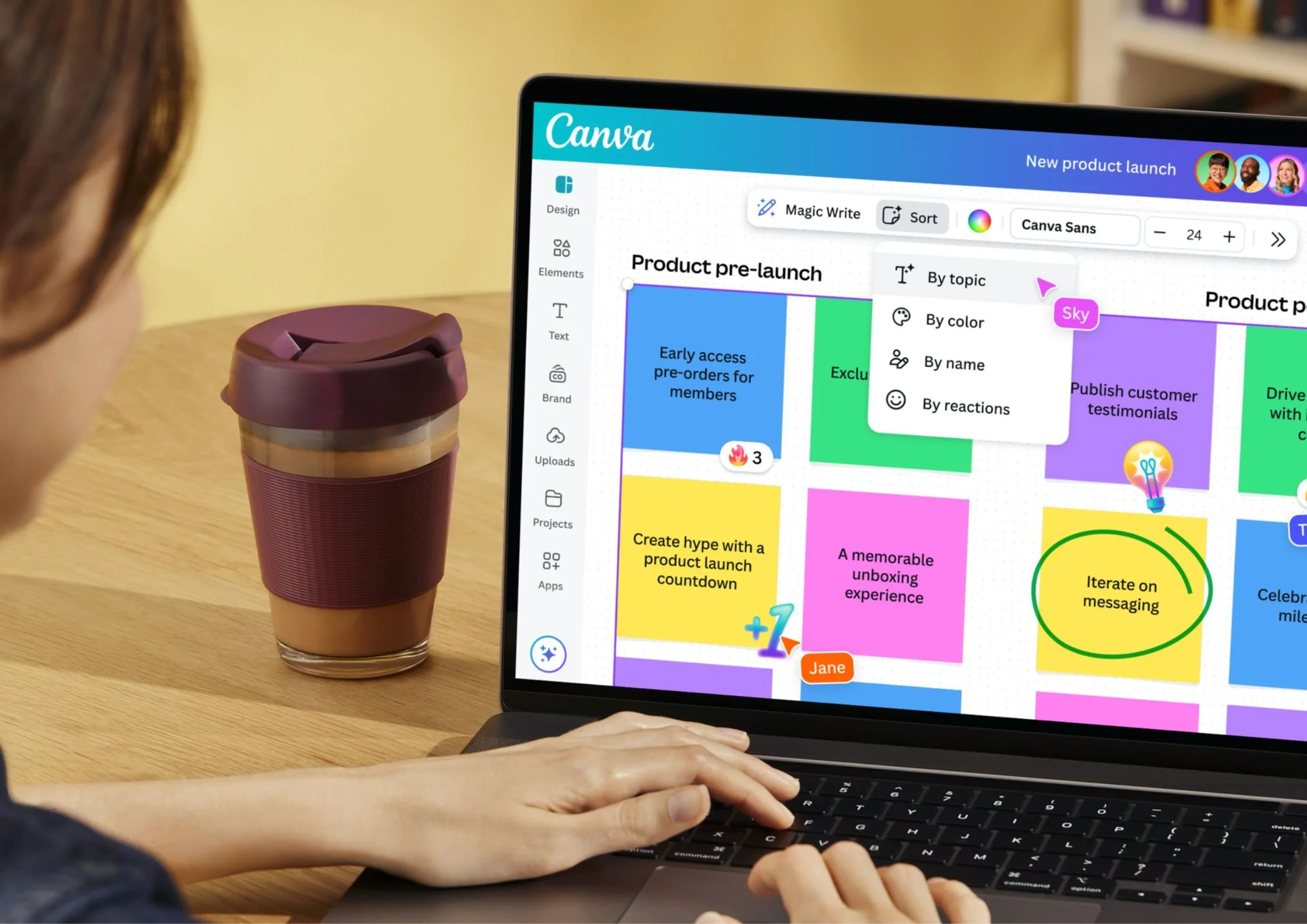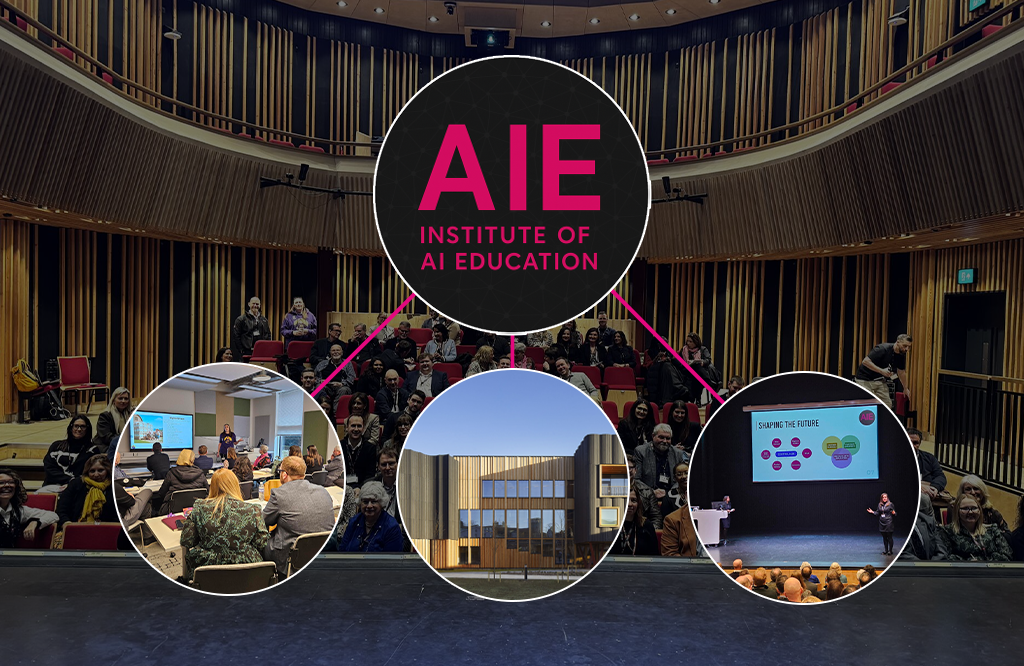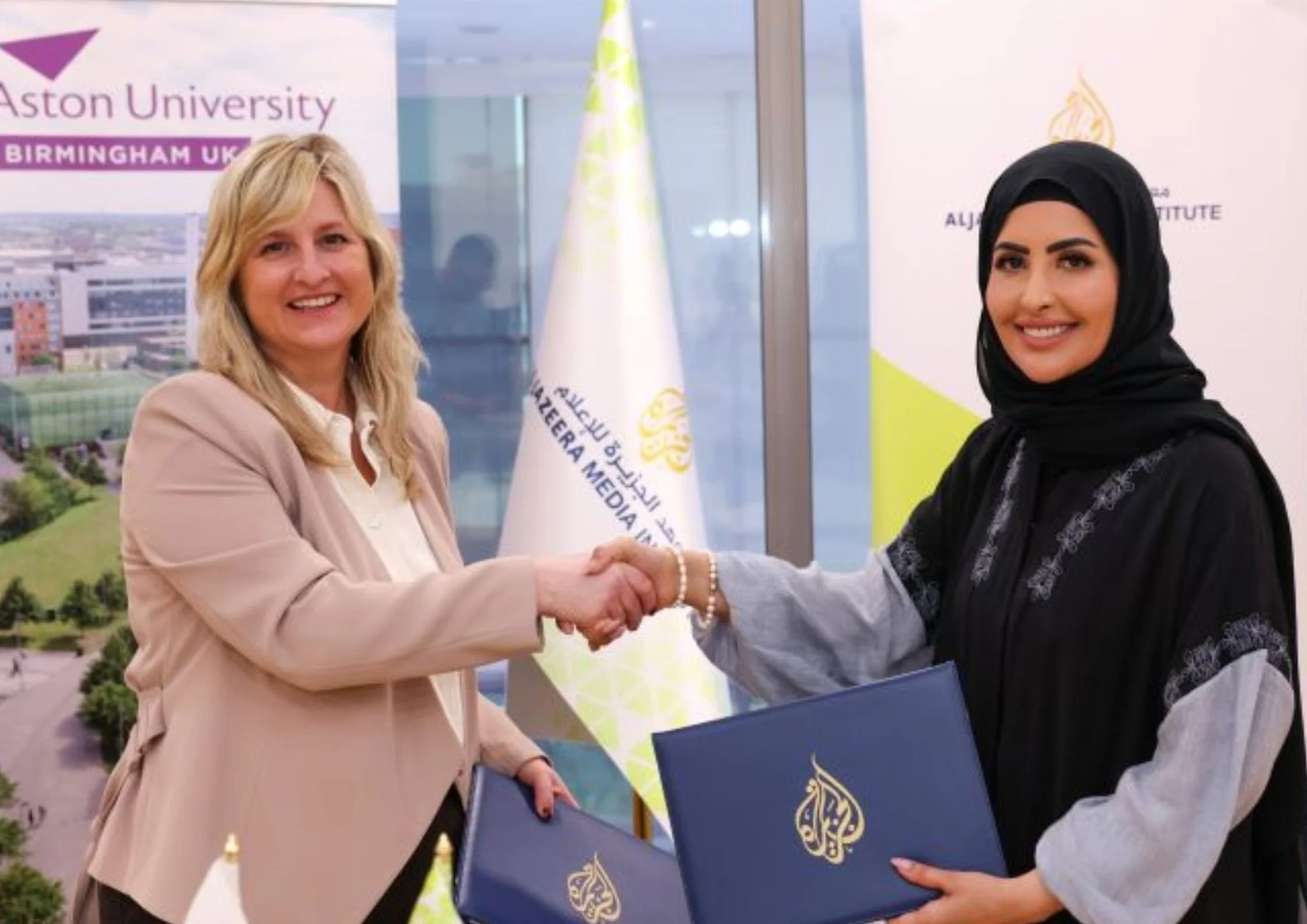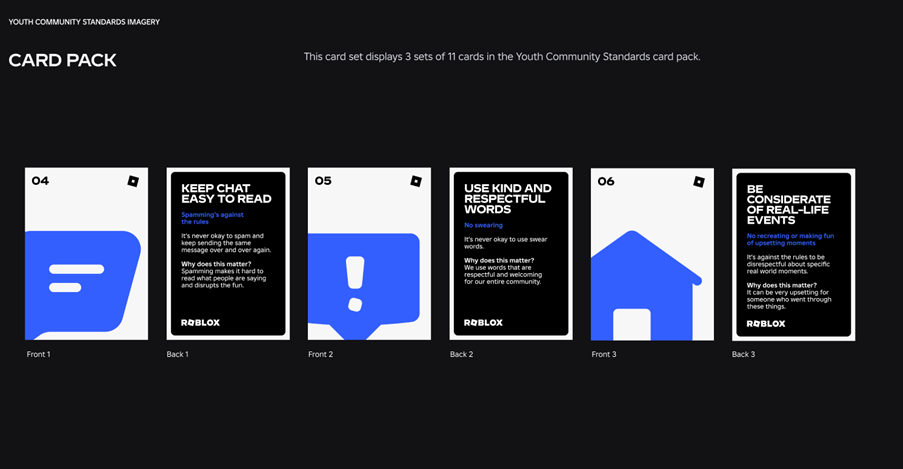At least 1.65 million primary and secondary school students in England may not be ready for next stage of learning
New research from learning material publisher Pearson suggests 1.65 million children and 250,000 college students in England may not be emotionally ready and at the expected academic level to move on to the next stage of learning.
Pearson surveyed 11,000 school teachers and college tutors for its 2025 Pearson School Report: Learning for life and asked for their views on student readiness at each year of primary, the end of year 11, and on 16-18 year olds taking their next steps at the end of their college course.
Primary and secondary teachers felt that at least one in every three students will not be ready for the next stage.
At college level, tutors said at least 43 percent of 16-18 year olds will not be ready.
The most common factors impacting readiness in primary schools were special education needs and/or disability (SEND) (79 percent), struggles with writing (75 percent) and independence (73 percent).
At secondary level the most common barriers to readiness were self motivation (77 percent), independence (65 percent) and social maturity (62 percent). While at college, the most common concerns were digital wellbeing (30 percent), critical thinking (30 percent) and struggles with writing (28 percent).
Pearson also surveyed 3,000 students in the UK across primary, secondary and college settings. While most reporting enjoying learning, nearly one in every five students (17 percent) and one in every four college students (26 percent) expressed concerns about being ready for the next stage.
Freya Thomas Monk, Managing Director of Pearson Qualifications, says: "Over 14,000 students, teachers, tutors and home educators have spoken, and we have a real opportunity to listen and act. Hundreds of thousands of young people are facing barriers across every stage of education, impacting their potential and progression both now and in the future.
"Our world is constantly evolving and learning needs to do the same. We can better prepare students for their next step through more engaging and relevant curricula, flexible assessments that work for all students, and the thoughtful use of technology to put choice, personalization and accessibility front and centre. By doing this we equip them for learning pathways that lead to opportunity, growth, and a confident future."
In response to the findings, Pearson is calling for a more flexible, student-centred approach. Its suggestions include integrating everyday life into lessons, an enhanced focus on practical skills, incorporating AI and making clearer links between learning and career paths.
Pearson has also called for student outcomes to be prioritised and for a reduction in curriculum volume and less emphasis on final exams.





















